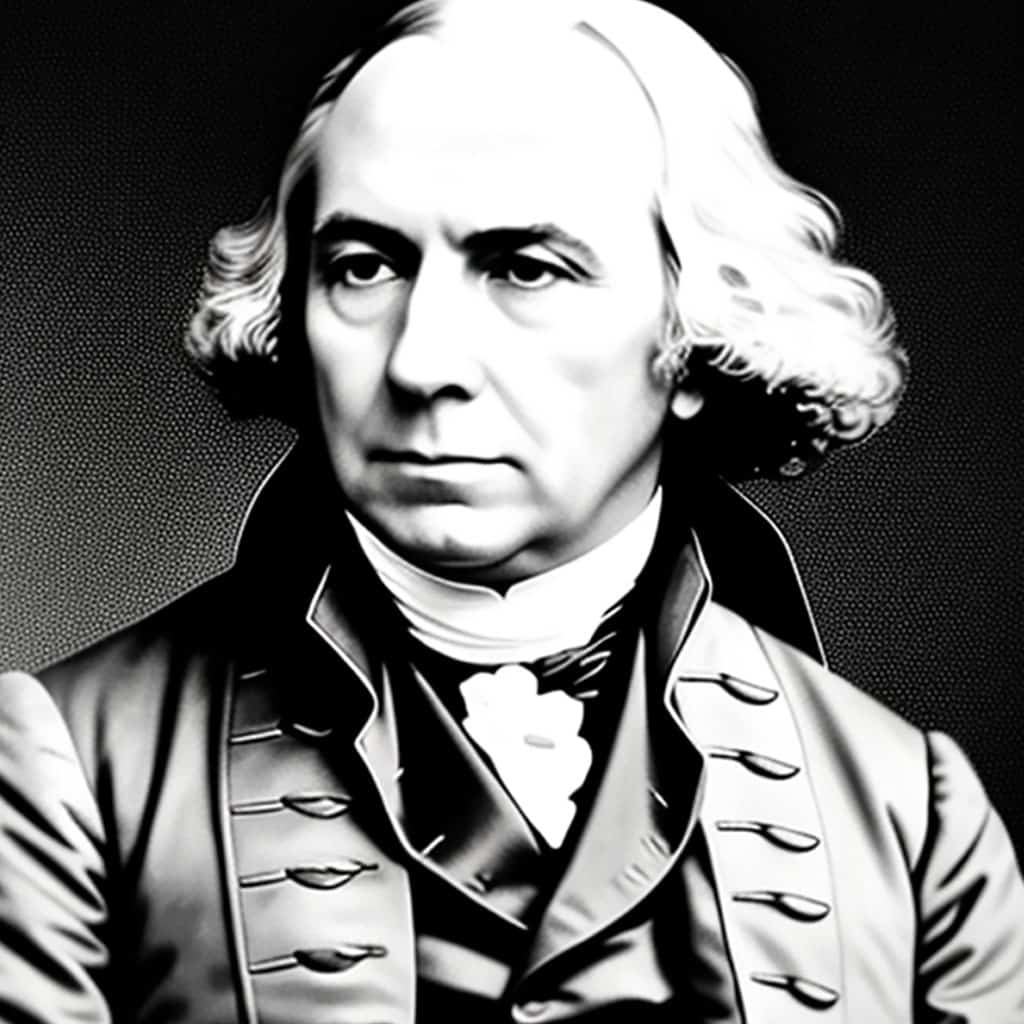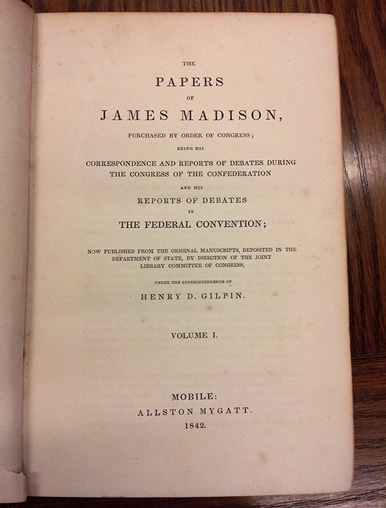REMNANT TRUST COLLECTION
James Madison

“Knowledge will forever govern ignorance; and a people who mean to be their own governors must arm themselves with the power which knowledge gives.”
– Madison
b. 1751 CE – d. 1836 CE
The fourth president of the United States and author of the United States Constitution, James Madison is referred to as the “Father of the Constitution” through his authorship of the three-fifths compromise, nine admendments in the Bill of Rights, and the “Virginia plan” when considering population representation in Congress.
Through his paper, The Vices of the Political System of the United States, he concluded that no confederacy could long endure if it acted upon states only and not directly upon individuals. Among the features of the plan, which were not embodied in the constitution, were the following: proportionate representation in the Senate and the election of its members by the lower house “out of a proper number of persons nominated by the individual legislatures”; the vesting in the national Congress of power to negative state acts; and the establishment of a council of revision: (the executive and a convenient number of national judges) with veto power over all laws passed by the national Congress.
Madison, always an opponent of slavery, disapproved of the compromise postponing to 1808 the prohibition of of the importation of slaves. Besides this involvement, he always took a leading part in the debates of the convention, of which he kept full and careful notes, afterwards published by the order of Congress. His labor was not finished with drafting the Constitution, in order for it to be accepted by the people, met the objections by writing the Federalist Papers alongside Alexander Hamilton and John Jay.
Most important of all, he proposed nine amendments to the constitution, included in the Bill of Rights. As a proponent for religious freedom, as president, Madison helped pass the Religious Freedom Act and added it to the constitution.
As secretary of state under President Jefferson, helped negotiate the Louisiana Purchase and lead the country through the War of 1812. Following his presidency, he and Thomas Jefferson established the University of Virginia where he served as senior official for a decade until his death.

